Incoterms In a Nutshell: A Quick Guide on Rules and Indirect Tax

Incoterms, or international commercial terms, are often described as a set of definitions and rules covering the most common transactions and scenarios in international sales. They cover commercial situations such as arrangements for delivery of goods and similar. The International Chamber of Commerce (ICC) is responsible for putting together and updating the trade Incoterms.
Among the eleven existing incoterms, Incoterms 2020, are rules on delivery destinations, transport arrangements, insurance and customs procedures handling, and import VAT-related matters. These rules do not specify sanctions, tariffs, prohibitions, intellectual property rights or VAT regimes – these areas should be covered in commercial agreements separately. Normally, Incoterms are written on quotations, purchase orders, order acknowledgements, and commercial and tax invoices. Please find the list of Incoterms at the end of this article.
There are two Incoterms that may signal a required VAT registration. They are called the DPP – Delivered Duty Paid and EX-W – Ex Works. Under DDP, the seller acts as the importer and must submit VAT details so that the sale can be made and reverse charge VAT can be applied. Under DDP, the seller also undergoes customs procedures, such as classification and valuation of goods, declaring goods, paying duties and finding a customs agent if needed.
Types of Incoterms:
- Ex Works (EXW): the buyer takes goods from the seller’s facilities and carries all costs and risks of bringing the goods to the required destination.
- Free Carrier (FCA): the seller is responsible for the delivery of goods, but the costs and risks are with the buyer.
- Carrier and Insurance Paid to (CIP): carriage and insurance are paid by the seller, but the risk is passed once the goods reach the first carrier.
- Carriage Paid to (CPT): seller must bring goods to the carrier and cover costs for bringing goods to the final destination.
- Delivered at Place (DAP): the seller brings all risks until the goods are delivered to the buyer at an agreed place.
- Delivered at Place Unloaded (DPU): the seller is responsible for delivering and unloading goods, but the buyer takes all customs duties and taxes.
- Delivered Duty Paid (DDP): seller acts as the importer and takes care of the delivery and customs taxes. Normally, the seller has to be VAT registered in the destination country.
- Free Alongside Ship (FAS): seller places goods alongside the ship at a port, and the risks pass to the buyer from that moment.
- Free on Board (FOB): seller carries costs and risks until the goods are on a vessel at an agreed port. Onward shipment risks a transferred to the buyer.
- Cost and Freight (CFR): the seller pays costs and freight to the overseas port, and the buyer takes risks from there.
- Cost, Insurance, and Freight (CIF): similar to CFR but with added insurance paid by the seller.

Featured Insights

Burkina Faso FEC E-Invoicing Mandatory July 2026
🕝 February 24, 2026More News from World
Get real-time updates and developments from around the world, keeping you informed and prepared.
-e9lcpxl5nq.webp)




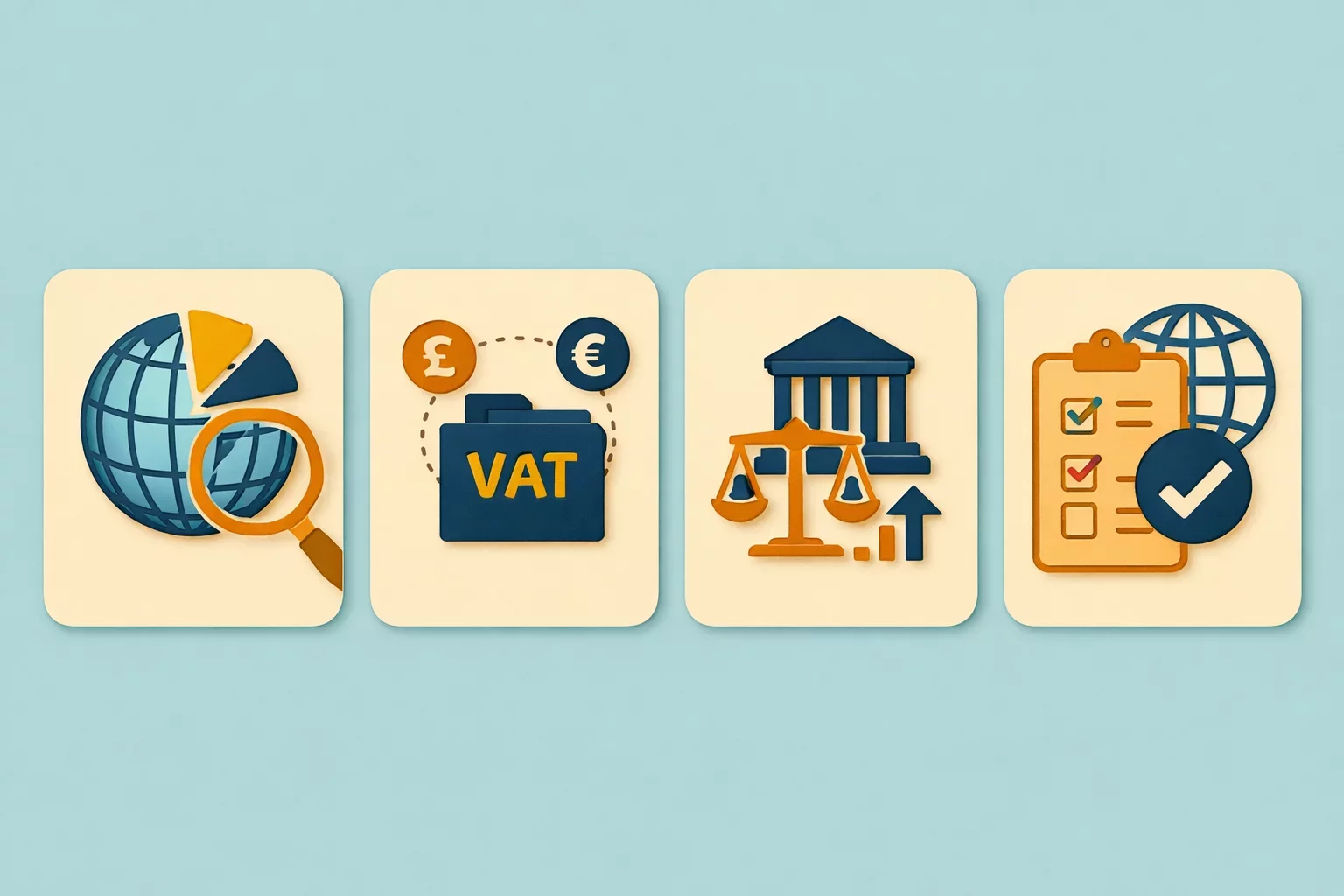
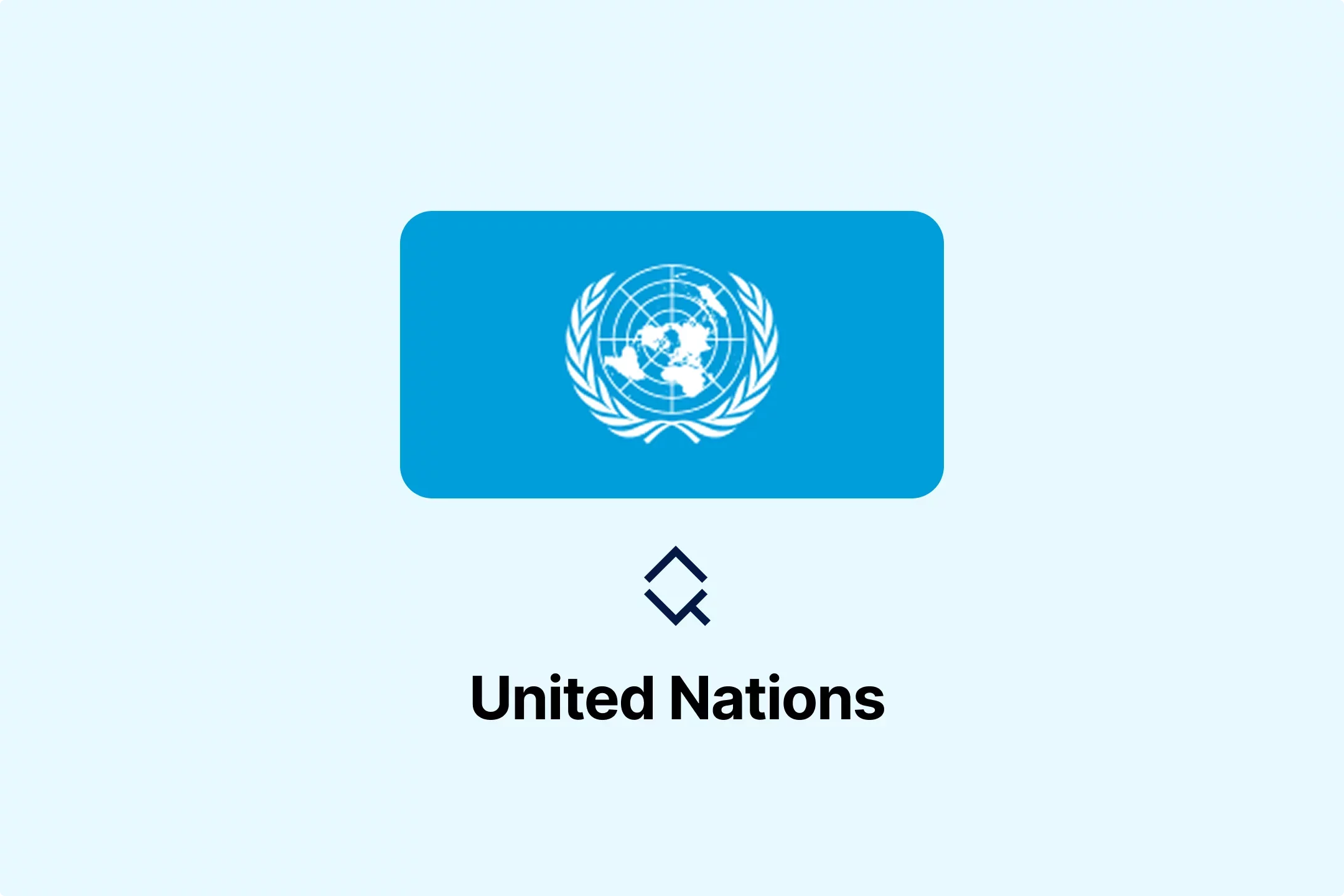

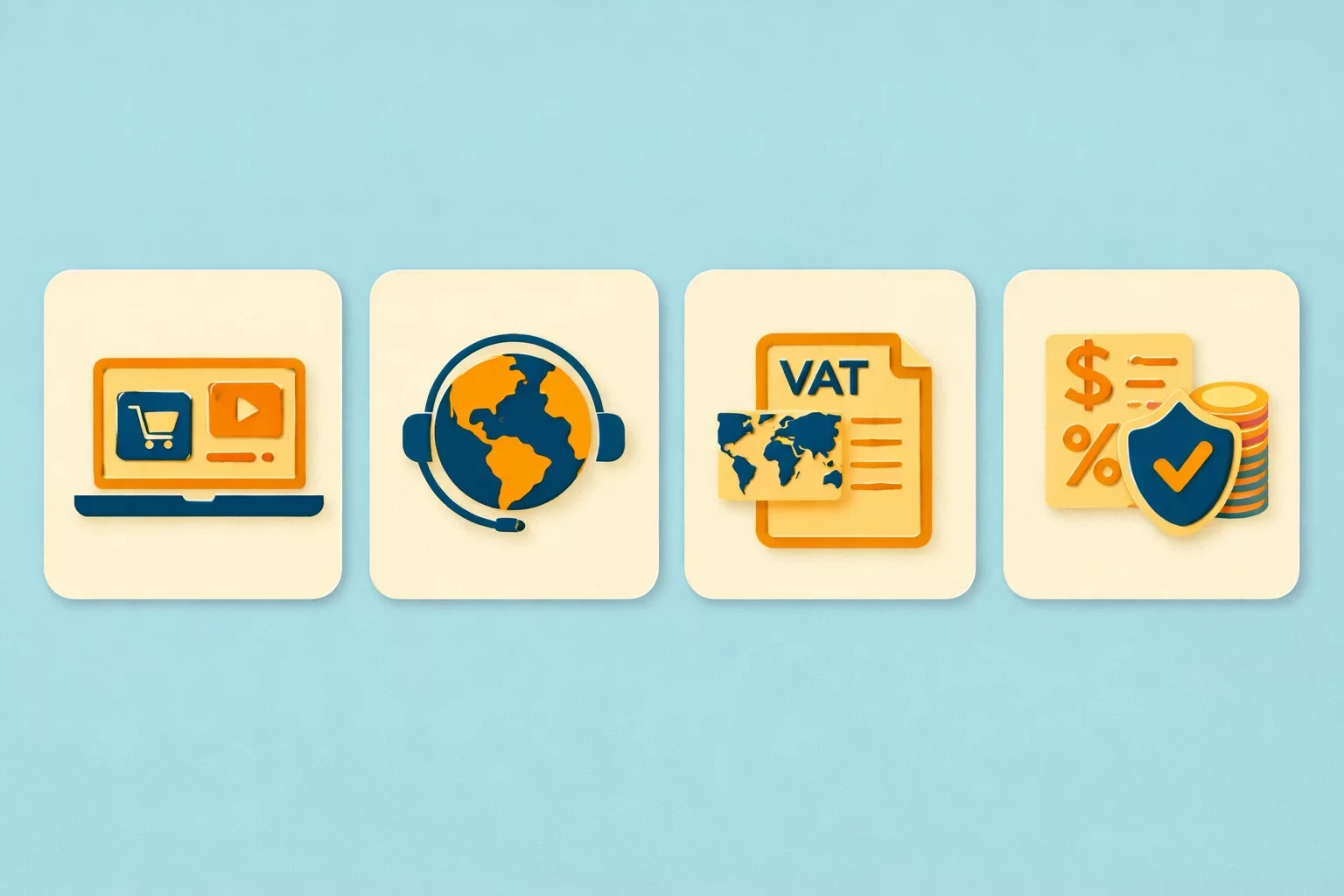
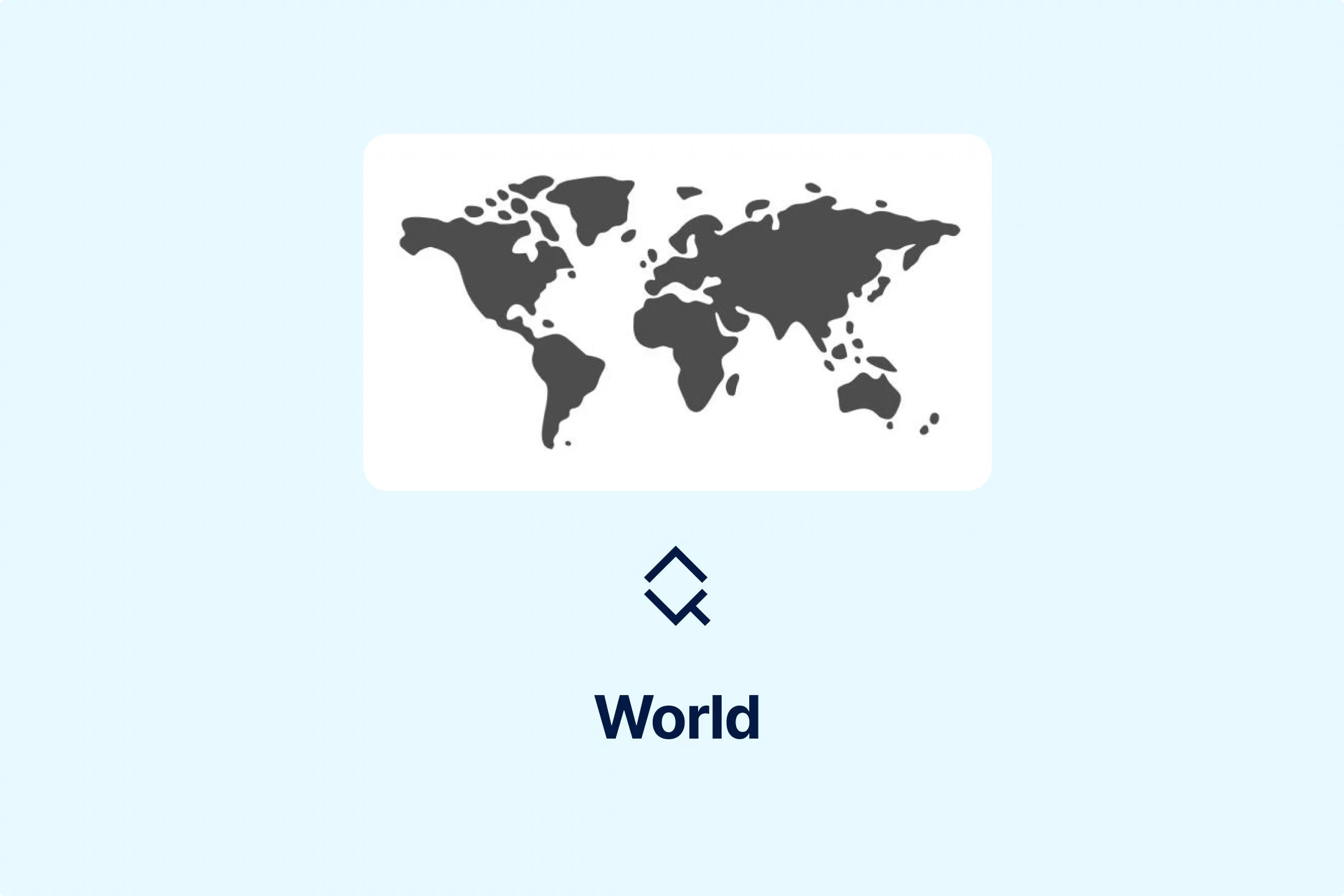
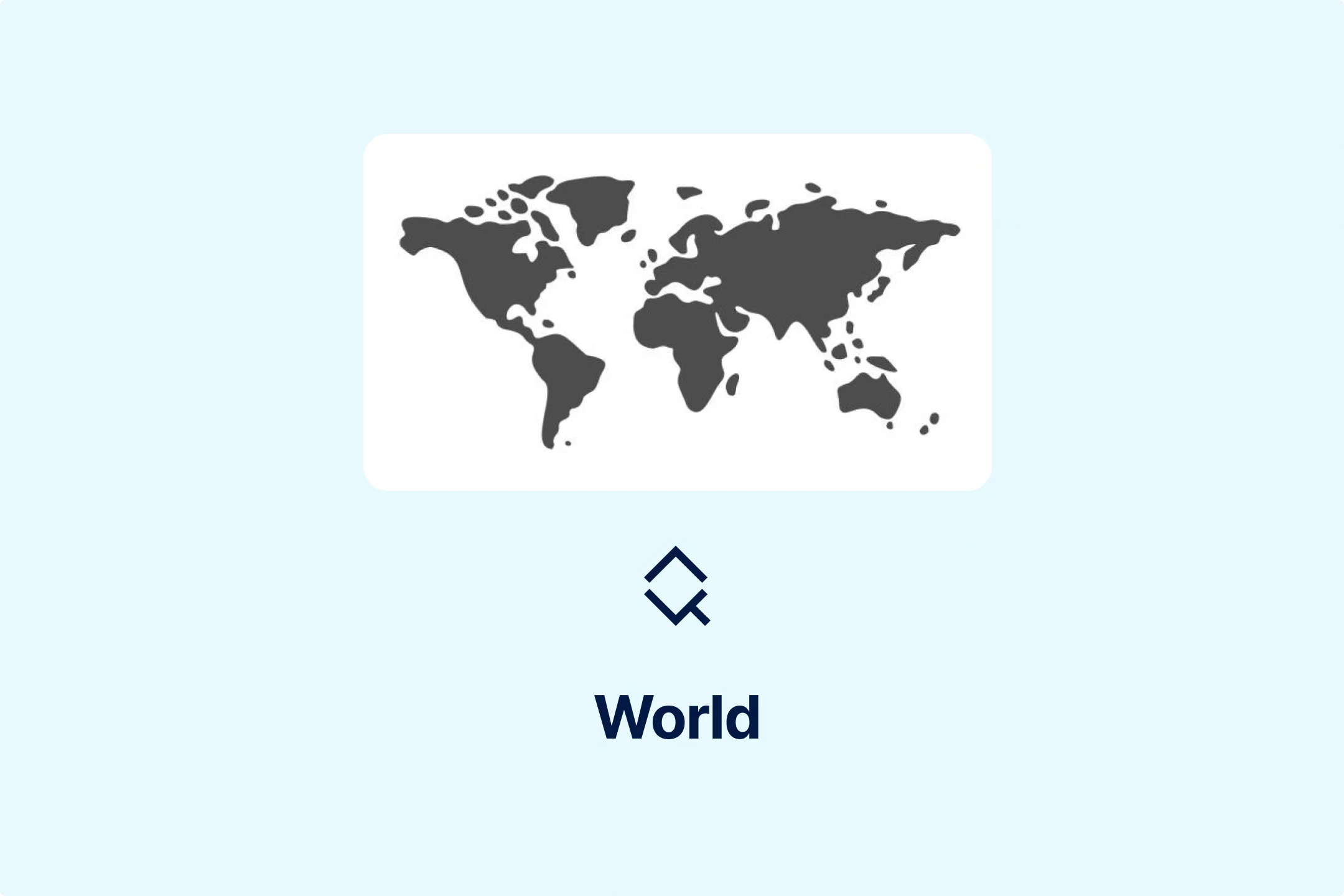
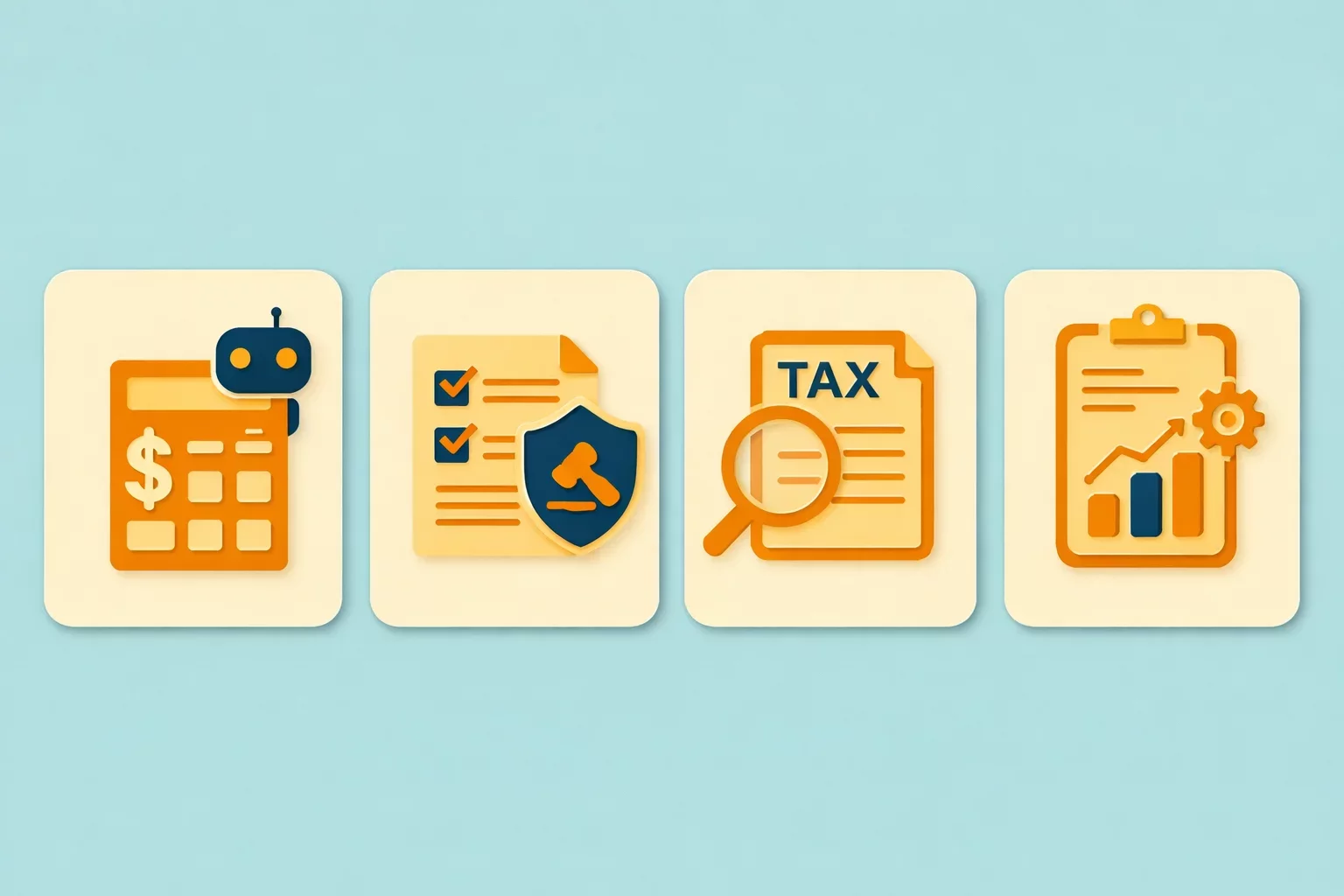


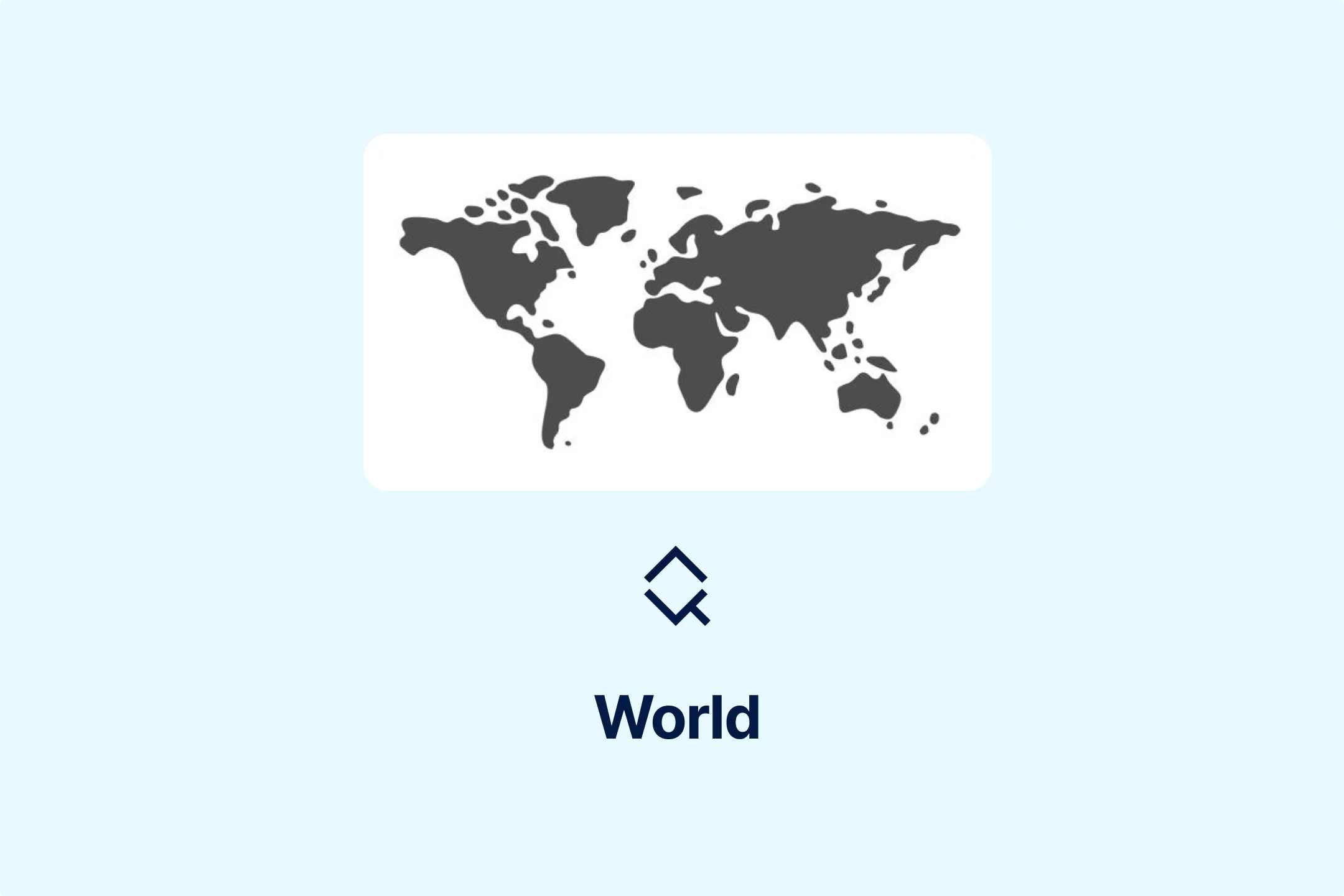





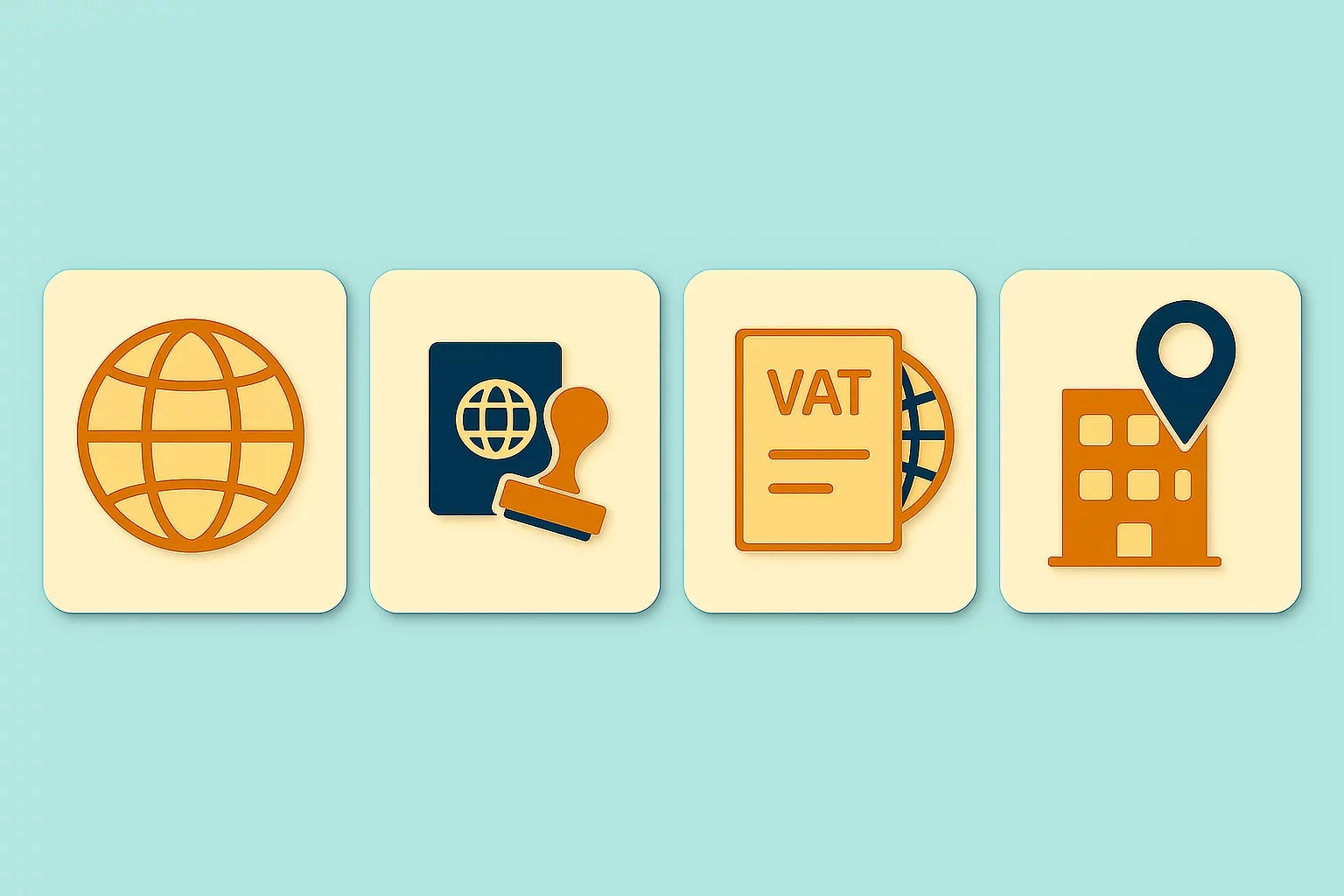

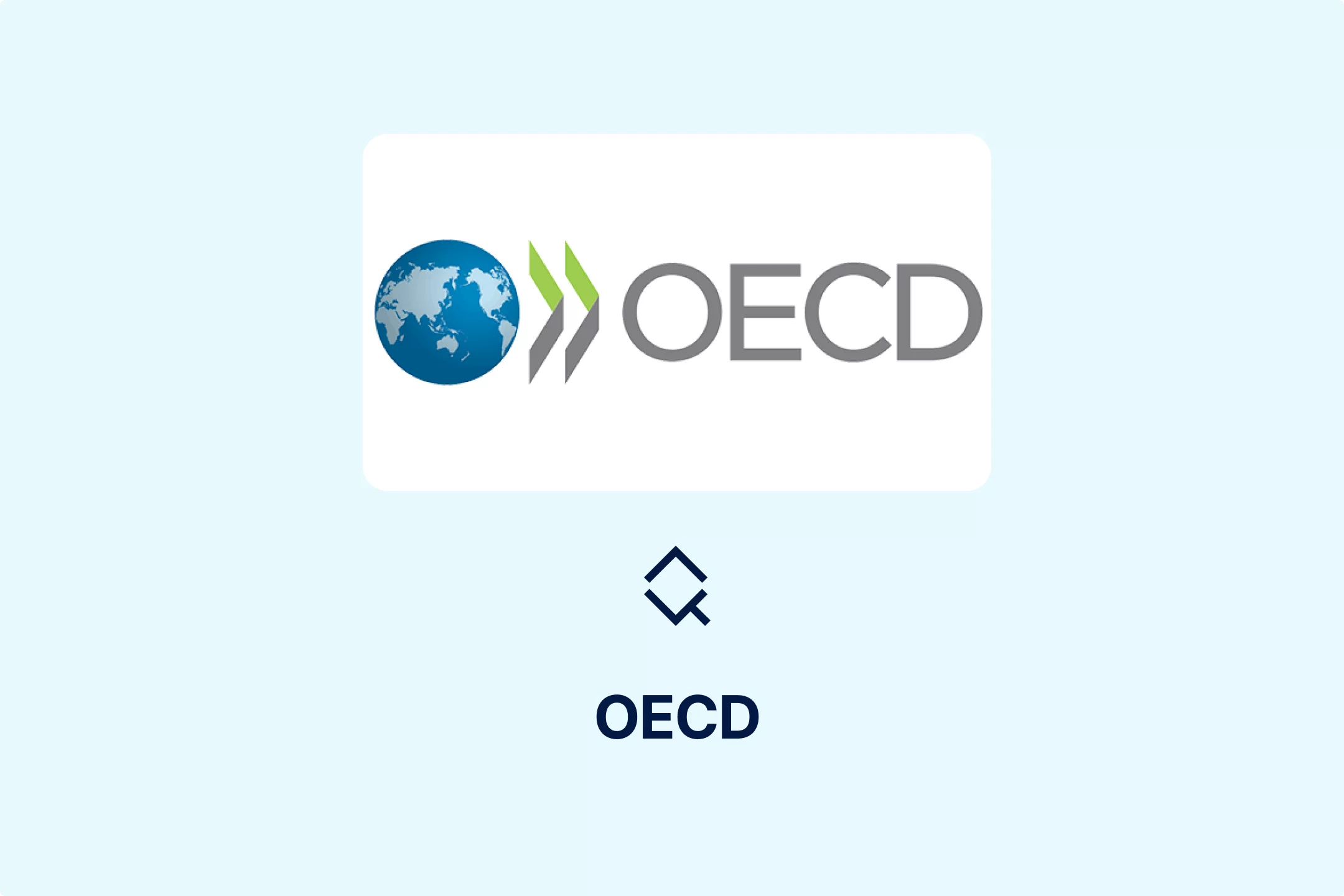











-7xdqdopxl6.webp)



-a9bz8kz2cs.webp)






























